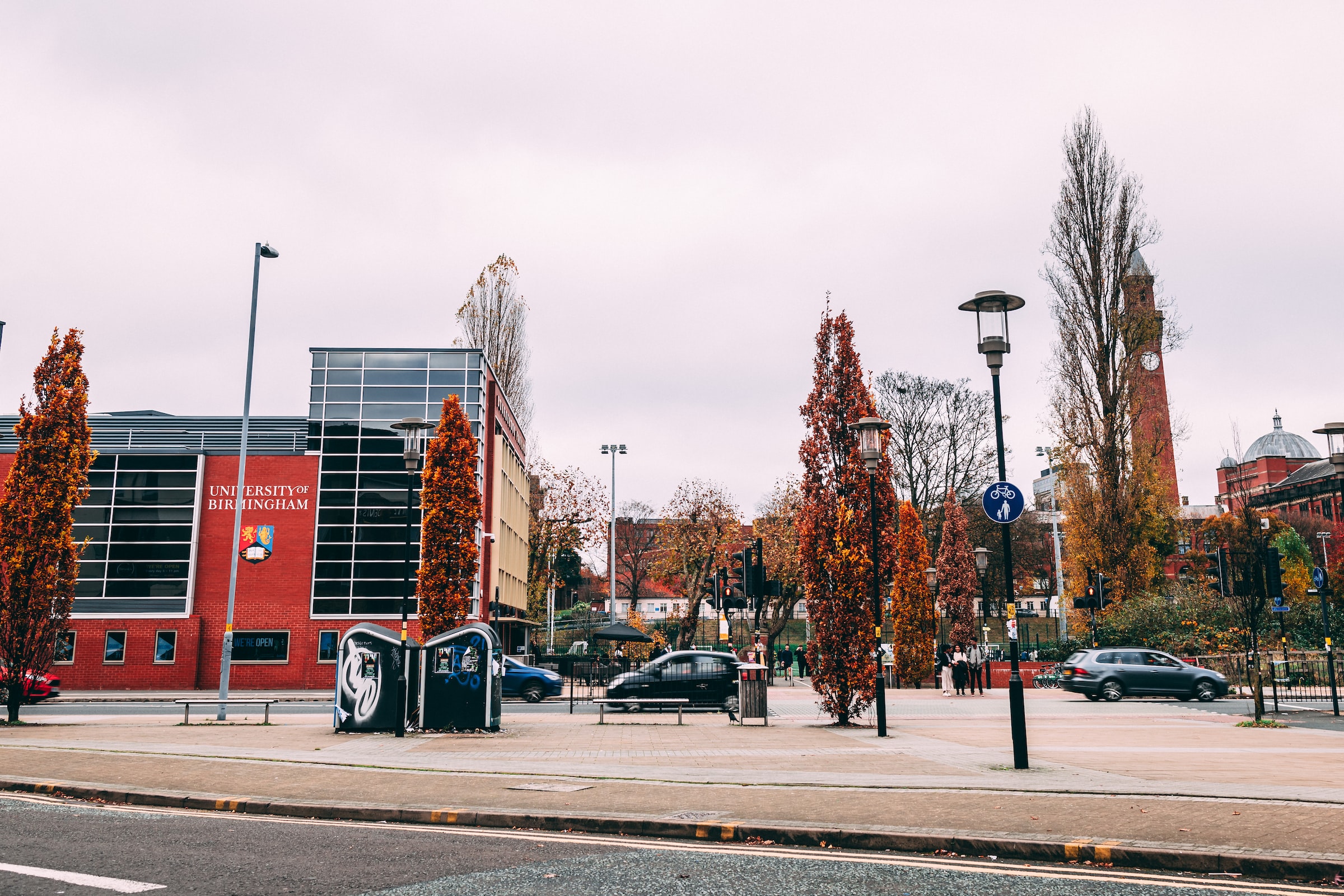
Comment Writer Phoebe Snedker assesses the first details of the government’s plan to ease lockdown, arguing that caution is the only way forward
Ahead of unveiling his roadmap for easing lockdown measures on Monday 22nd February, Boris Johnson has claimed his focus for reopening public sectors will be based on the ‘data rather than dates’. But this begs the question, is this too little too late from the PM? As a student living away from home, seeing first hand the impact that numerous lockdowns have had on general wellbeing, job insecurities, and strained relationships, I would argue this is certainly the case.
January saw the Covid-19 death toll surpass 100,000 deaths in the UK – a figure that, had the scientific advice and data provided been heeded, most certainly would have been avoidable. The UK has yo-yoed in and out of restrictive measures since March 2020, varying from the ‘Eat out to help out’ scheme in August, to circuit-breaker lockdowns in November, and the further loosening of rules over the Christmas period. For the PM to now declare the end of this lockdown as ‘irreversible’ will, for many, feel like yet another grand promise that Mr. Johnson cannot uphold. With feelings of isolation and frustration at a high, one begins to question just how much more false hope the nation can withstand.
With feelings of isolation and frustration at a high, one begins to question just how much more false hope the nation can withstand
Undoubtedly, general opinions on lockdown restrictions are torn. While many would prefer a prolonged lockdown in order to avoid any future implementation of restrictions, others – quite understandably – are suffering with such long periods of isolation, and are eager for the lockdown to be eased with haste. It remains unclear which of the above is the correct way forwards. It is essential for the wellbeing of all generations to be with their loved ones, and such uncertainty over when a sense of normality will return to everyday life is having detrimental impacts on general mental health and wellbeing. A study, led by the University of Glasgow, found that suicidal thoughts increased from 8% to 10%, and they were highest among young adults (18-29 years), rising from 12.5% to 14%. Researchers suggest that ‘even though those are relatively small rises, they are significant because of the short period of time they happened over.’ Getting access to mental health services has always proved challenging, even in a pre-Covid-world, and this is something I feel has been criminally disregarded by the PM in his approach to easing lockdown measures.
While lockdown measures are essential for slowing the spread of the virus, one must also take into consideration the looming figures of unemployment, deteriorating mental health, and so forth, when contemplating the next steps in easing lockdown measures. I, for one, would hope for this lockdown to be the last, and the easing of it to be as ‘irreversible’ as Mr. Johnson insists so confidently. With many believing that the Coronavirus will become a seasonal issue, feelings that the restrictive measures are becoming ‘too cautious’ are steadily on the rise. It is already evident that numerous individuals have become fed up with the Government’s countless U-turns in rules, and are dismissing the advised precautions currently in place regarding mixing households and keeping a distance from friends and family. If the PM continues to fail in executing the claims he declares so confidently, how much longer can we expect the nation to follow Government guidelines and advice?
It is already evident that numerous individuals have become fed up with the Government’s countless U-turns in rules
Irrespective of new variants, infection rates do appear to be slowing. However, as Boris Johnson’s claim insisted, it is vital for the approach to be cautious in order to make the easing of restrictions irreversible – regardless of the consequences, many feel the lockdown is having. The PM stated, ‘We want to be going one way from now on, based on the incredible vaccination rollout,’ and insists that the relaxations of measures must be carried out in stages. Ministers remain hopeful that schools could gradually reopen from 8th March and over 15 million people have received their first dose of the vaccine. While these bold claims may shine the light at the end of a very long tunnel for some, the faith which the nation holds in Boris Johnson’s ability to pursue these statements, and ensure the easing of this lockdown will be ‘cautious but irreversible,’ undoubtedly wavers on thin ice.
For more from Comment:
Trump’s Impeachment: The Only Way to Unify the United States?
The Class of 2021: What It is Like To Graduate in a Pandemic

Comments